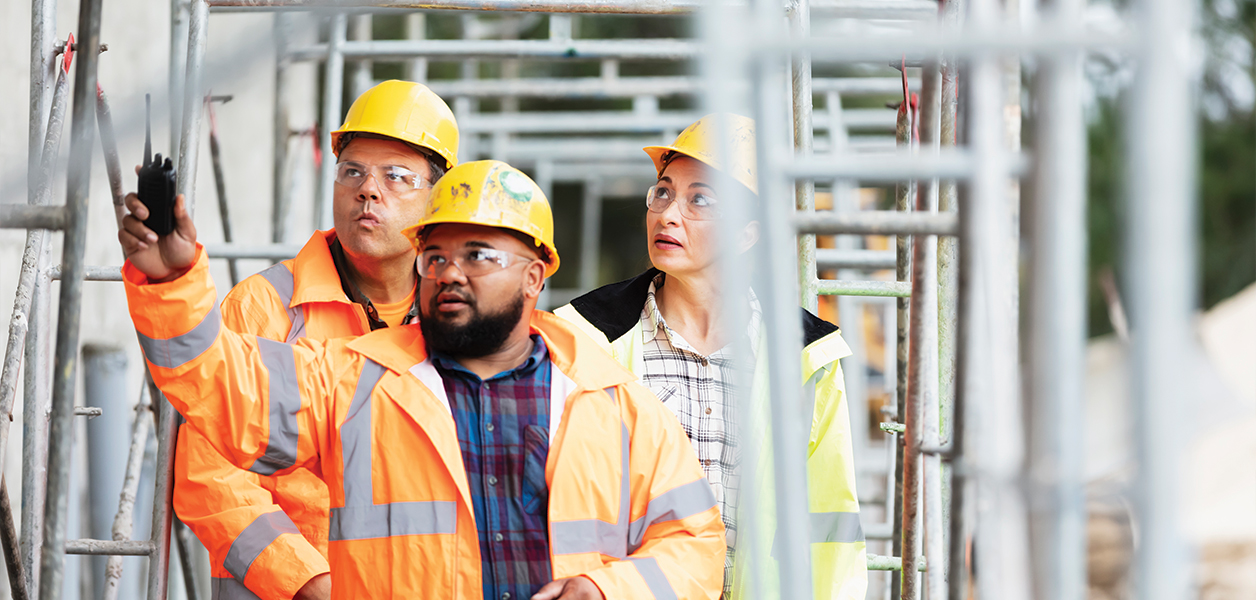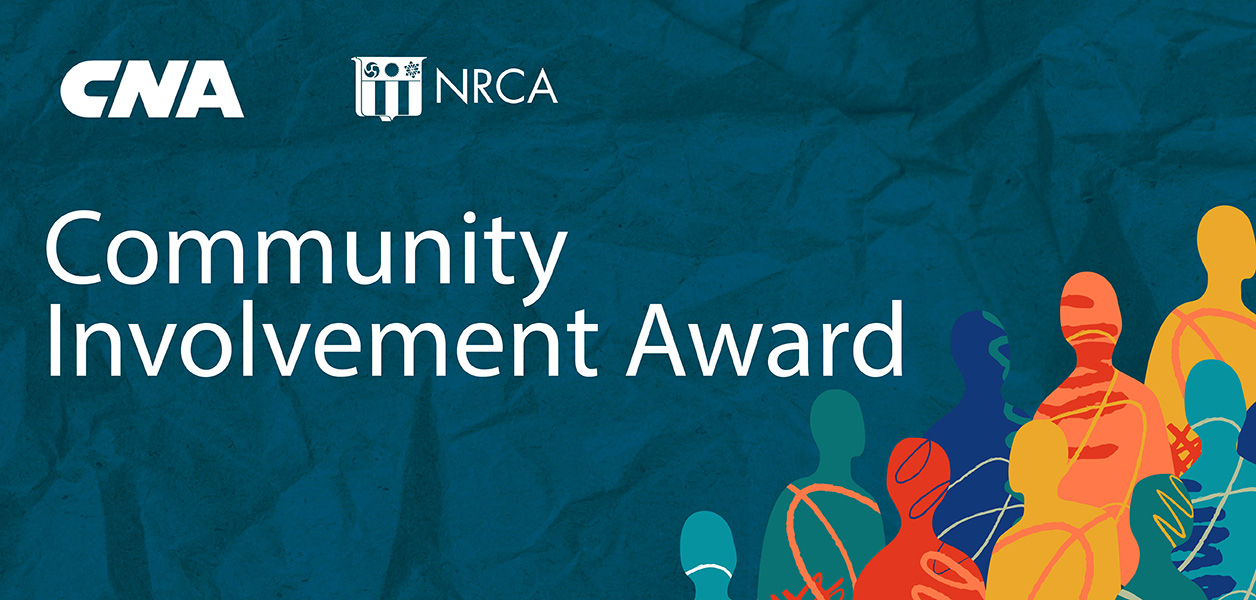A McKinsey & Co. study on artificial intelligence (AI) applications in the construction industry reports a combined use of machines and digital technology can enhance quality control, project scheduling, data analysis and project cost savings, according to www.constructiondive.com.
The construction industry currently is the second-least digitized economic sector in the world, and the industry needs to lay the groundwork before AI can be widely adopted. The study identifies investment in data collection and processing tools like cloud infrastructure and advanced analytics as the first step.
There has been increased interest in sensors, cloud-based data sharing and mobile connectivity within the construction industry. Some employers already are using wearable sensory devices to monitor workers' location and equipment at worksites. Data collected from the devices is transmitted to a cloud-based platform accessible from any compatible mobile device. AI algorithms advance the process one step further by deploying real-time solutions based on data analysis, helping employers ensure their workers stay safe on the job.
Industry employers may look to other industries that have successfully used AI to optimize processes, including the pharmaceutical and healthcare industries. The study notes an AI algorithm is used by the pharmaceutical industry to predict medical trial outcomes; a similar algorithm may be used by the construction industry to forecast project risks and constructability. And image recognition algorithms used by the healthcare industry to support diagnoses may enable drones to assess construction site images for signs of defects or structural failures.





